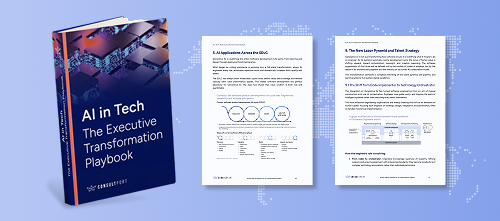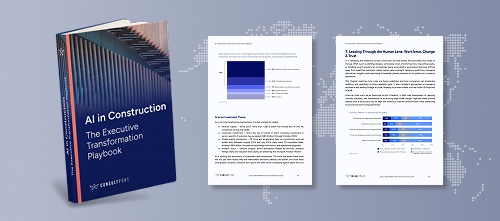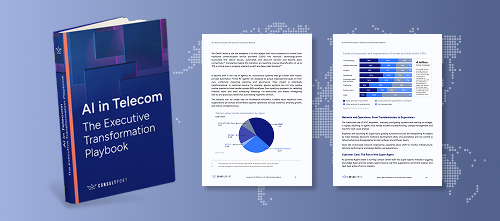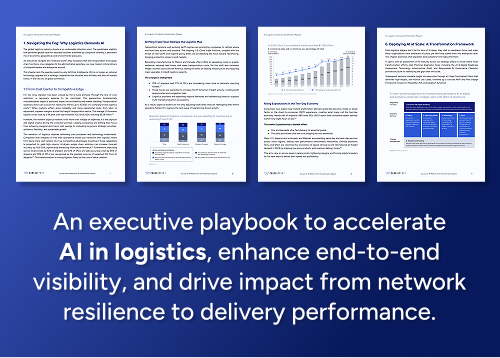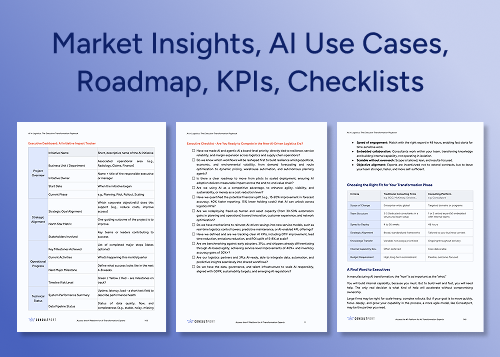Remember to fill in all the fields
AI in Logistics: The Transformation Playbook
 Join thousands of professionals using this resource
Join thousands of professionals using this resource
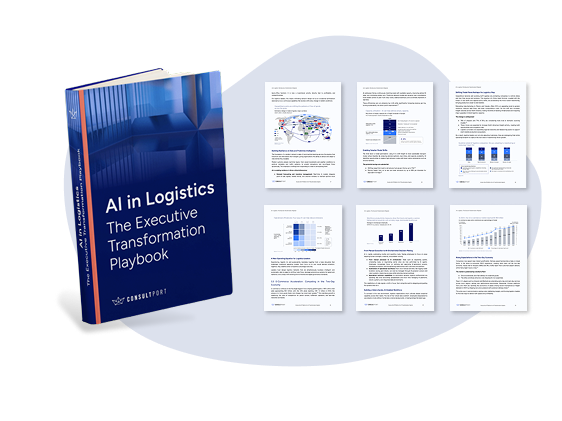
- Strategic Clarity: Understand how AI reshapes logistics. Including how it powers predictive networks, agentic AI, and nearshoring that increases resilience and margins.
- Real-World Impact: Discover how leading companies use AI to optimize routes, reduce empty miles, automate warehouses, and improve visibility across the supply chain.
- Execution Frameworks: Use practical playbooks, readiness checklists, and KPI templates to move beyond pilots and scale transformation across the company.
- Governance & Trust: Build responsible AI systems. Focus on data quality, compliance, and employee readiness to turn adoption into long-term value.
The AI in Logistics: Executive Transformation Playbook is a hands-on guide for C-Suite and transformation leaders who are building the future of logistics. It combines insights from McKinsey, BCG, Deloitte, and Consultport research into one clear roadmap. Also, you’ll see how AI transforms logistics through predictive maintenance, autonomous operations, and real-time visibility. As a result, you can make faster decisions, lower costs, and drive growth.
Moreover, the playbook provides a way from pilot projects to adoption. It helps you assess readiness, set priorities, and manage risk as you scale. In addition, it includes checklists, dashboards, and frameworks that connect strategy to execution. Finally, these tools help strengthen operations, accelerate sustainability goals, and position your business to lead in the AI-driven logistics era.
Our guides and templates are built to be practical, flexible, and easy to implement. Each resource includes real-world frameworks, best practices, and use cases that you can apply immediately.
Tailored for fast-moving project teams and decision-makers, these guides help you structure and lead initiatives with clarity and confidence.



Top-Tier Consultants
These resources are inspired from seasoned freelance consultants from the Consultport network.
Designed to help internal teams and freelance experts work seamlessly together, our tools bring top-tier consulting standards to your business, without starting from scratch.
